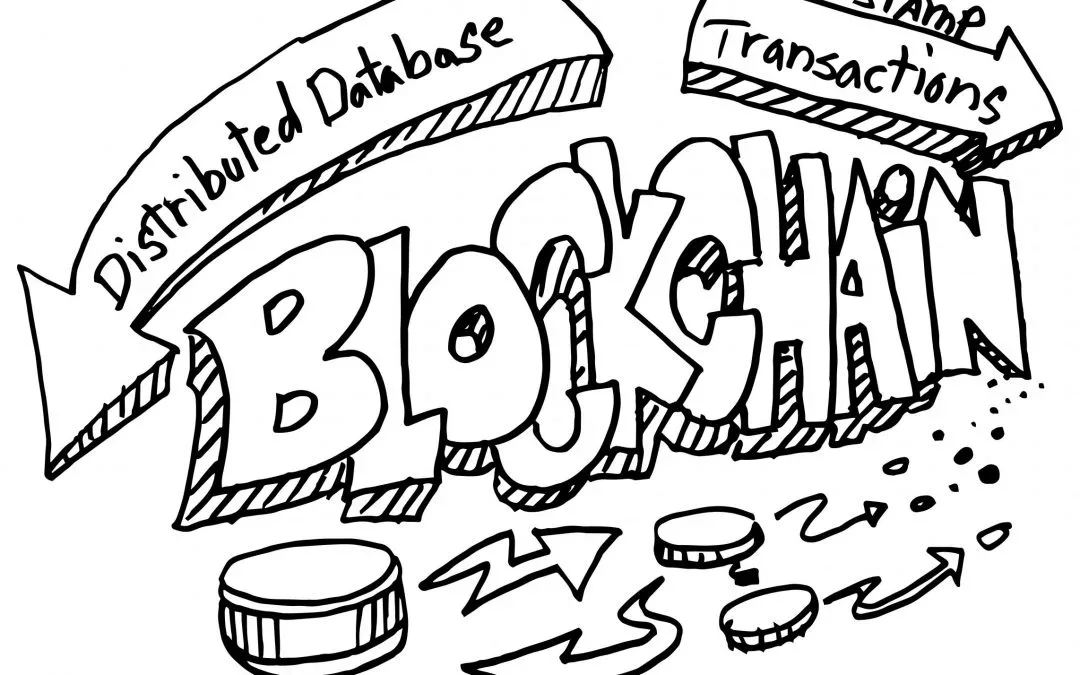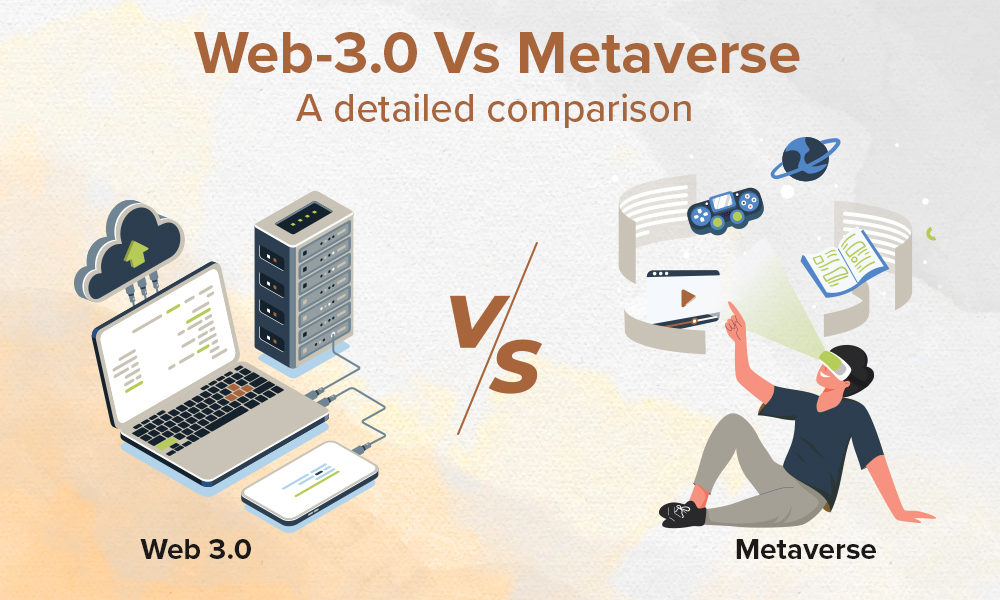Monday 23rd of April
Cheapair opens the doors to new Crypto payment providers!
Jeff Klee CEO and Founder of CheapAir.com announced in a blog post that he may start using Bitpay in order to process Bitcoin payments on the website. Cheapair is among a handful of merchants within the travel sector who have openly adopted the use of crypto currencies on their website for their customers.
In an open letter to Bitcoin customers (taken from its website), Jeff Klee outlines how he has established a dedicated phone line to provide customers with an better understanding of how Crypto currencies work and how they can be used to purchase flights from the website. When it came to giving his customers an insight as to which other Crypto Currencies he is considering using on his website, Jeff stated “ accepting additional digital currencies like Bitcoin Cash, Dash, and Litecoin. We have already begun testing these”. This is definitively a space to watch to see which other currencies the site begins adopting.
In the open letter Jeff made the public aware how Coinbase will no longer be offering support to custodial merchants like Cheapair, which has forced Cheapair to now find alternately crypto providers.
This now opens the market up to payment providers like BitPay who can offer solutions to online merchants like Cheapair.
Read more on the story below.
Wednesday 25th of April
Salesforce joins forces with the light side!
Midweek and we hear some great developments happening from Salesforce and their on going commitment in researching Blockchain technologies. A long with 12 other major companies, Salesforce has joined the Blockchain Research Institute (BRI) to research the emerging technology.
The institution already has membership from industry neighbours such as Microsoft and IBM as well as major world banks such as Bank of Canada.
This isn’t the first time we have heard of Salesforce playing around with Blockchain technologies.
Earlier this year Marc Benioff founder of Salesforce declared his interest in Blockchain technologies and stated “I had been thinking a lot about what is Salesforce’s strategy around Blockchain, and what is Salesforce’s strategies around cryptocurrencies and how we relate to all of these things,”.
Why not check out the full interview by clicking here.
Thursday 26th of April
IBM enters the Jewelry trade.
This week IBM announced its involvement working in partnership with; Helzberg Diamonds, LeachGarner, Richline Group and UL to launch the TrustChain Initiative. The news was announced on Thursday evening on the IBM Blog which can be found by clicking here.
IBM will be delivering the project via its IBM Cloud, and the focus will be to trace the origins of particular diamonds using Blockchain technologies. More information about the TrustChain Initiative can be found here.
For the past decade the diamond industry has come under heavy criticism for unethical methods of extracting diamonds and the involvement illegal groups have had in the purchasing of diamonds. Bridget Van Kralingen (IBM Senior VP) stated “Consumers care deeply about the quality and source of the jewelry they purchase,”.
When speaking about the project itself, Kralingen stated “The TrustChain Initiative tracks and authenticates diamonds and precious metals through every stage of the supply chain as it becomes a piece of finished jewellery. It provides digital verification, physical product and process verification, and third-party oversight.”
The project seems like its heading in the right direction in utilising the core Blockchain benefits in helping solve key problems associated with the diamond trade. It will be interesting to see which other key Blockchain benefits the project will be utilising.
Friday 27th of April
Another School Hack!
On Friday 20th of April a School in Massachusetts paid $10,000 in Bitcoin to a group of hackers following the school being hacked from a Cyber attack. To add to the problem, the police made it clear they are completely powerless to approach an attack of this nature. Police Chief Michael Goldlman declared “trying to trace something like this down is impossible”.
This is by no means an individual attack against a public organisation. In 2017 the UK public medical service (the NHS) was also forced to pay hackers a huge sum of money for releasing patient record information.
One of the core problems public organisations have is the high level of personal data they can hold on their systems. If this data is leaked it can cause further implications for governments which leads to governments and government organisations being faced with data protection breaches which can turn into law suites.
Did we miss anything this week?
If we did be sure to drop me an email on ash@akeo.tech



.jpg)
